
I’ve been diving into the world of 3D modeling with Python recently, and it’s been quite the learning experience. There are a surprising number of libraries and tools available, each with its own strengths and weaknesses. Figuring out where to start can be a bit overwhelming, but the potential for creating really interesting projects is definitely there. From generating simple geometric shapes to building complex models, the possibilities seem endless.
A Visual Introduction to 3D Modeling in Python

This image, from vrogue.co, really captures the essence of what’s possible. Seeing a fully rendered 3D model created entirely with Python code is incredibly inspiring. The vibrant colors and detailed textures highlight the potential for creating visually stunning artwork. It makes you think about the applications beyond just technical modeling; you could use this for game development, architectural visualization, or even creating interactive art installations. The fact that this can all be done within the Python environment is really exciting for those of us who are already comfortable with the language. The learning curve might be steep at first, but the rewards definitely seem worth the effort. Imagine being able to design and prototype a product entirely in code, then visualize it in a realistic 3D environment before even starting the physical manufacturing process. It opens up a whole new world of creative possibilities. The power to manipulate and render complex shapes programmatically gives a level of control and flexibility that traditional modeling software sometimes lacks. It’s not just about creating static images either; you can create animations, interactive models, and even integrate them into web applications.
Exploring the Python3d Library
This image links to the format37/python3d library on GitHub. The fact that someone has created a dedicated library for 3D modeling in Python shows the demand and interest in this field. Exploring a well-documented library like this is a great way to get hands-on experience and learn the fundamental concepts. Open-source projects like this are invaluable for the community, allowing developers to collaborate, share knowledge, and contribute to the advancement of the technology. Diving into the code, understanding the underlying algorithms, and even contributing to the project are all excellent ways to deepen your understanding of 3D modeling and Python. The image itself is quite minimalist, focusing on the code and the organizational aspect of the project. This highlights the importance of structured code and well-maintained documentation when working on complex projects. Having access to a repository like this allows you to experiment with different techniques, modify existing code, and learn from the experiences of other developers. It’s a collaborative effort that ultimately benefits everyone involved. Plus, it provides a tangible example of how Python can be used to solve real-world problems in the realm of 3D design and visualization. The ability to contribute to open-source projects is also a fantastic way to build your portfolio and demonstrate your skills to potential employers.
If you are looking for Python Code PNGs for Free Download you’ve visit to the right page. We have 10 Pictures about Python Code PNGs for Free Download like Is Python appropriate for 3D programming?, Python Code PNGs for Free Download and also Is Python appropriate for 3D programming?. Read more:
Python Code PNGs For Free Download
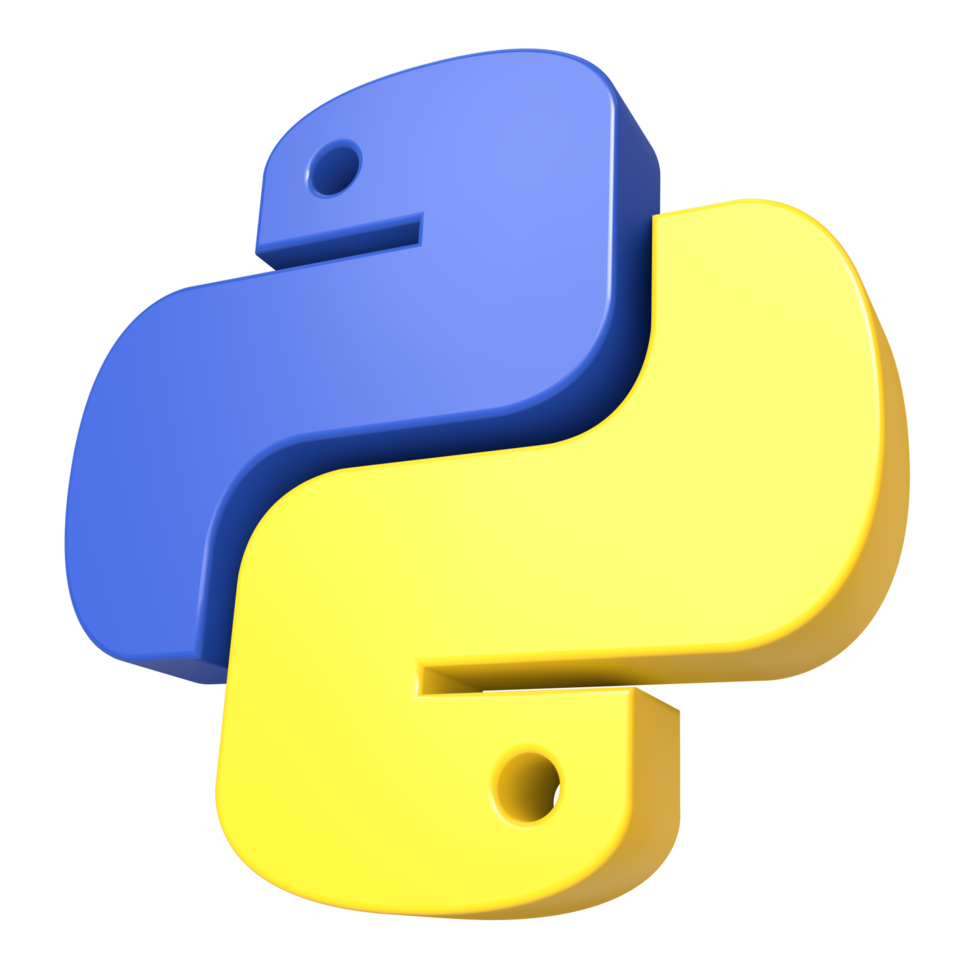
www.vecteezy.com
3d In Python 3d Model Python Python 3d Library – Vrogue.co

www.vrogue.co
Python 3D.

armandomonreal.blogspot.com
3d python capturas
GitHub – Format37/python3d: Python 3d Modeling
github.com
Matplotlib Tutorial Python Plotting Python Plot Tutorial Python – Vrogue

www.vrogue.co
Python-script 3D Models – Sketchfab
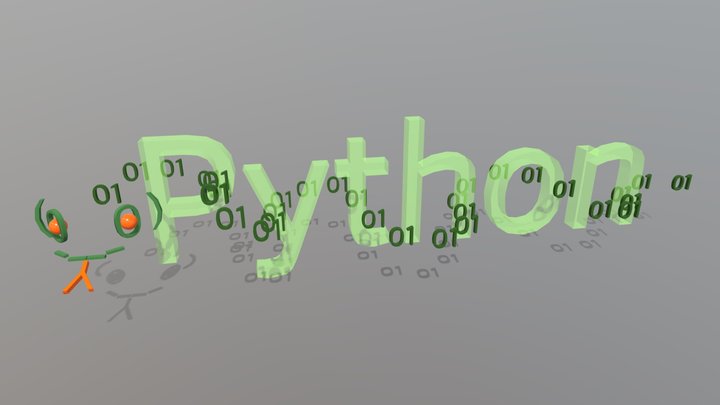
sketchfab.com
GitHub – GameDevStudent/Python3D: Draw 3d
github.com
Test_render.png

www.cgtrader.com
Is Python Appropriate For 3D Programming?
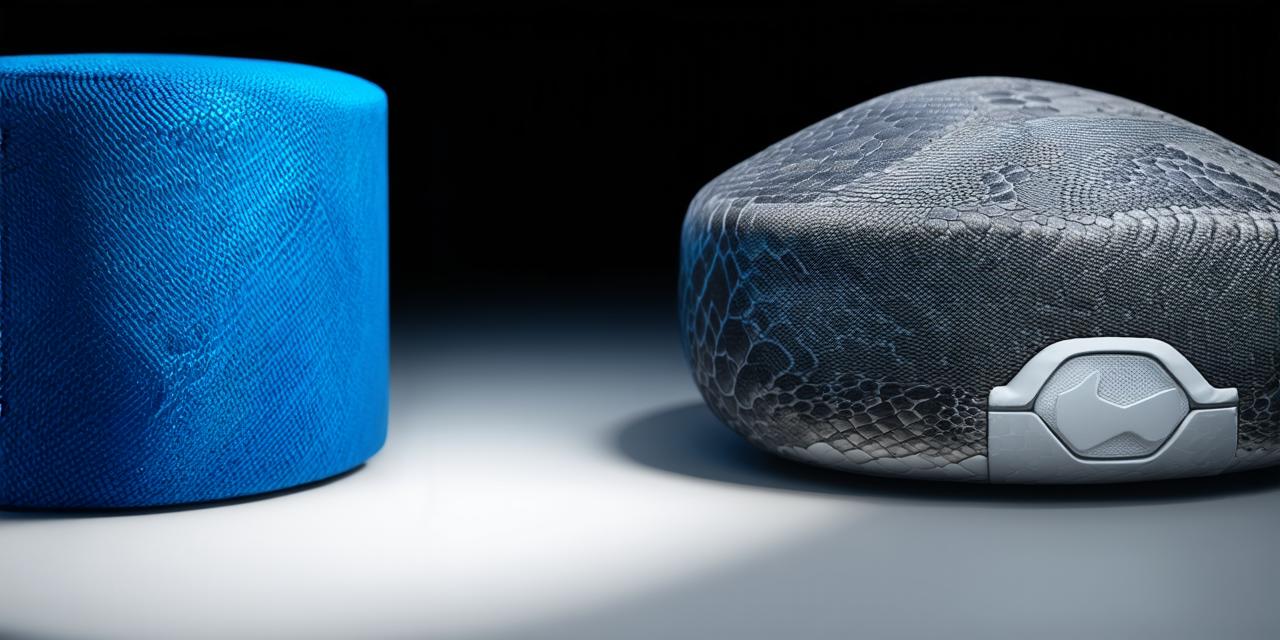
unity-3d-development.info
Python – 3D Charts
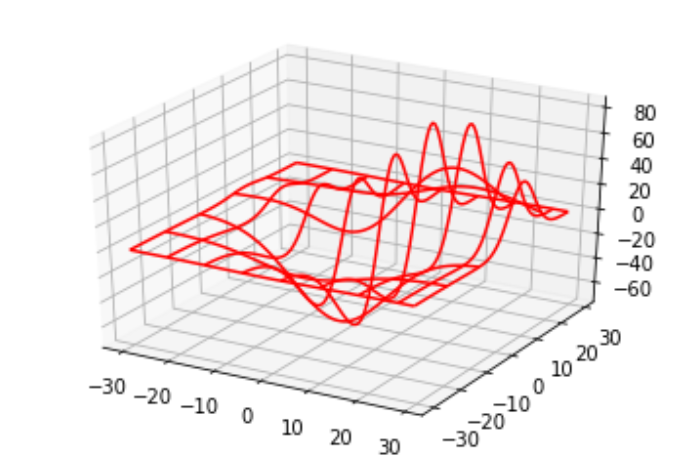
www.tutorialspoint.com
Python-script 3d models. Python 3d.. Is python appropriate for 3d programming?


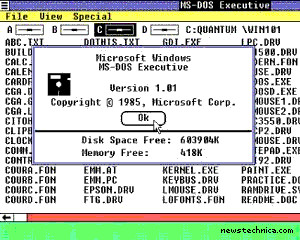

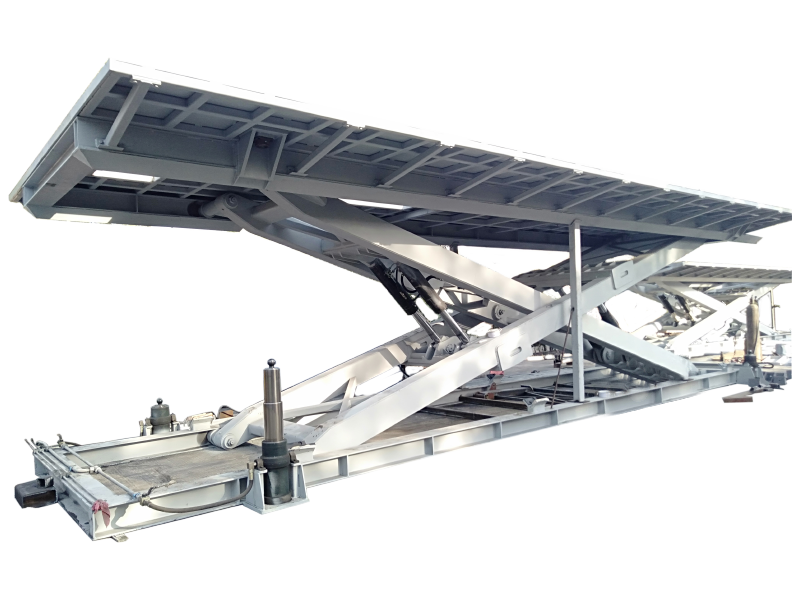


:max_bytes(150000):strip_icc()/008_how-to-factory-reset-a-lenovo-laptop-5115817-a67348722ce94f9783881ea29e596310.jpg)